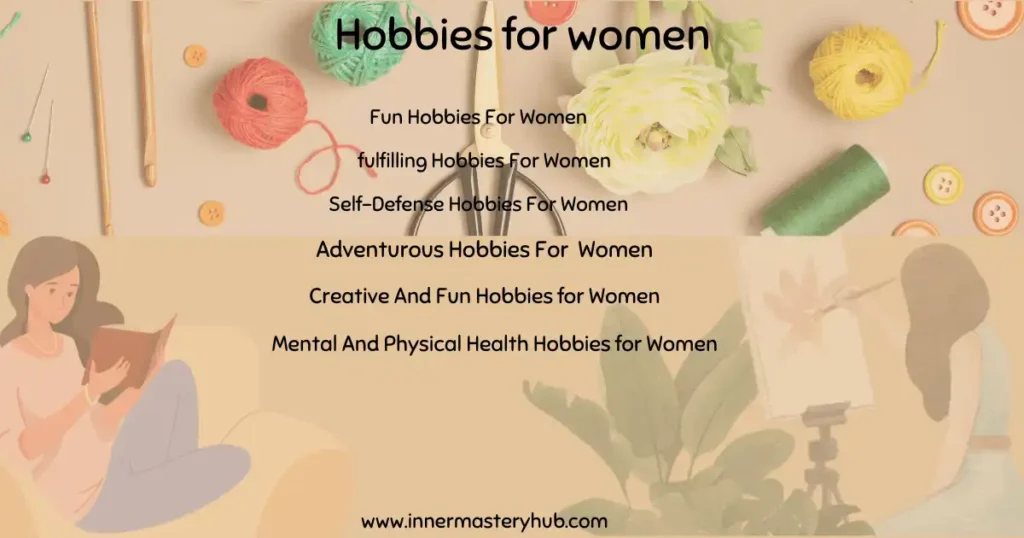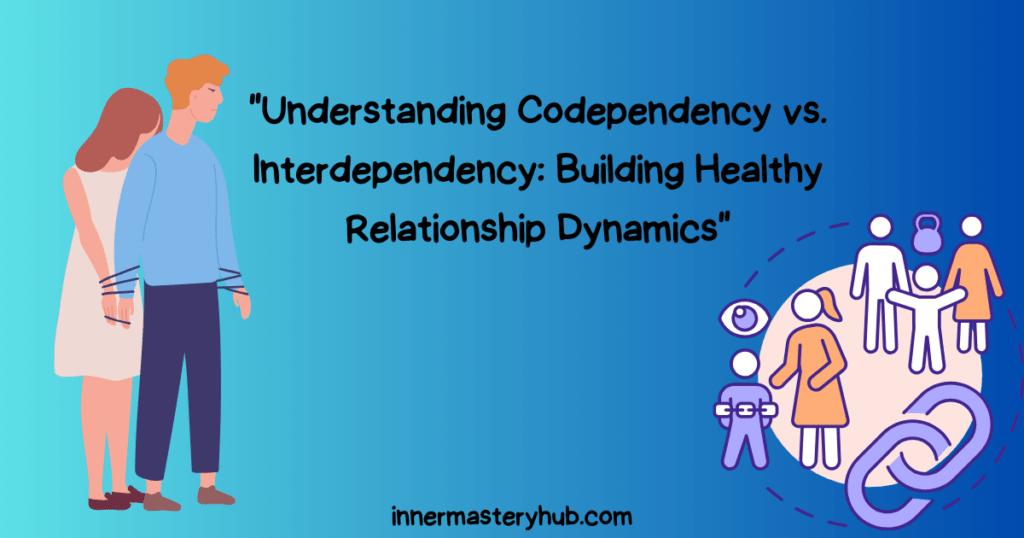14 Harsh Truths About Marriage Every Couple Should Know

It could feel like you’re looking behind a curtain that guests at a wedding typically don’t see when you hear the term “harsh truths about marriage.” You may already be aware that marriage isn’t all romance, roses, and idyllic sunsets if you’re in a committed relationship or are considering one. It’s much more difficult, fragile, and demanding than those idyllic times imply. But you can respond instead of reacting if you approach it with awareness.
14 Harsh Truths About Marriage
1. The honeymoon phase fades
The joy, novelty, and dreams you share when you first tie the knot can last for a long time. However, the truth is that everyday routines and extensive familiarity eventually take hold, which can be unsettling. Early in a marriage, many couples see a decrease in sensations of novelty and intensity, according to research on marital satisfaction.
The question, “Why don’t I feel what I felt when we first got together?” may cross your mind. That only indicates that things are changing, not that something is wrong. The answer is to consciously create new experiences together, reconnect, and accept a different phase—not a less important one, but a different one.
2. You will disagree more than you expect
It’s normal to think that you and your partner will always get along; in fact, you may feel that you already do. However, everyday married life involves compromises, accommodations, and arguments; the more significant the life changes, the more stressful it becomes. According to a study by psychologist John Gottman, specific negative interaction patterns—such as scorn, defensiveness, criticism, and stonewalling—are highly predictive of marriage dissolution.
Don’t freak out if you find yourself fighting more than before, but don’t ignore it either. The goal is not to avoid fighting, but to develop better communication skills, learn how to fight fairly, and maintain an open mind about what’s actually happening.
3. You might change—and so might your partner
People grow. It’s a fundamental but hard truth about marriage. One or both of you may evolve in your ambitions, values, or habits. According to research, having children and going through life transitions are more likely to result in a higher quality marriage than the age at which one first marries.
It’s acceptable if you feel like you’re slipping—”I’m not the person I was when we got married, and neither is she/he.” Seeing the shift, discussing it, and coming to a collective choice—do we grow together or apart—are key.
4. Intimacy is more than just physical attraction
Attraction may seem natural in the early stages. However, it takes effort to maintain intimacy—emotional connection, trust, and transparency. Many couples don’t realize how difficult it may be to maintain communication when life becomes hectic, exhausting, or diverting. Research indicates that daily behaviors are more important to marital happiness than that first rush.
Don’t assume that the romance is over just because you feel aloof or like “just roommates.” Instead, acknowledge this period for what it is and create opportunities for deep connection through shared reflections, modest rituals, and being in the now. This makes the “harsh truth” a part of your path that you can handle.
5. Financial stress will test you
One of the primary causes of marital discord is financial issues. Earning, spending, debt, and future planning are all indicators of underlying values and fears. Although some sources may guarantee “perfect financial harmony,” practical couples understand that this requires openness, compromise, and adaptability.
Are we in agreement about what is important (saving vs. spending)? You might wonder. Are we truthful when we discuss slow months or missed opportunities? Setting common goals, reviewing them frequently, and approaching money as a team effort rather than a personal burden or source of guilt are all healthier ways to go about this.
6. You’ll need to accept the other’s flaws—and your own
You may observe your partner’s particulars before marriage and decide, “I’ll take care of that.” Eventually, those quirks become a part of everyday life and might even be a source of annoyance. Additionally, you will see reflections of your own blind spots. A key first step, according to research on marriage stability, is acknowledging one’s own imperfections and those of one’s partner.
Instead of dismissing imperfections or acting as though they will go away, you could ask yourself: How do I feel when I see this in them? When they see that in me, how do they think? Next, determine what we’re willing to live with, accept, or shift, as well as how to express those boundaries politely.
7. Marriage reveals you more than hides you
In the intimate, long-term setting of marriage, your tendencies, weaknesses, and unresolved issues often manifest in unexpected ways. If you believe you are “done self-improving,” it can be unnerving. In actuality, matrimony might highlight the areas of yourself that still need improvement.
It may be more about something within you that the connection is activating than it is about your partner, if you often find yourself reacting with extraordinary intensity, withdrawing, or feeling misunderstood. The change here is to see marriage as a place of growth rather than a place of comfort.
8. Routine can become your enemy—or friend
As the months and years pass, it’s easy to fall into a secure yet dependable routine.
You should challenge yourself to do things differently if you find that you’re doing things automatically (“we do this every Saturday,” “we never talk about X”). Go for a fresh stroll, raise an original issue, or organize a modest but unconventional activity. Then, routine turns into a platform for security rather than immobility.
9. Your expectations can betray you
One of the harsh realities about marriage is that having irrational expectations can lead to disappointment. Perhaps you believed that marriage would increase happiness, alleviate loneliness, or provide a constant emotional high. Marriage can improve your life, but it doesn’t take the place of your own emotional labor or completely remove barriers.
Ask yourself, “What did I expect?” while you’re feeling disappointed. Was it just? Is it based on idealized romance or reality? Next, reevaluate our expectations: we will have ups and downs, disagreements, and change, but we also decide to stick together, adapt, and recommit to one another.
10. You will both carry external pressures
Family, culture, money, stress at work, health problems—all of these external factors have an impact on your marriage. Age at marriage, educational attainment, and socioeconomic status all have an effect on the marriage and divorce rates.
You are normal if you feel pressured by things like “my in-laws expect X,” “my job changed and I feel less stable,” or “we’re having kids and everything’s different.” The critical thing to remember is that external stressors are indicators of context rather than culpability. Deal with them collectively rather than as rivals.

11. Love is necessary—but not sufficient
Love is often thought to be sufficient. Although it is essential, it is not the entire picture. Communication, empathy, adaptability, forgiveness, and a shared goal are all essential. This is supported by studies, which show that couples who work on developing these traits typically achieve better results than those who only rely on their emotions.
You’re encountering this reality if you ever feel like your love is “there,” yet something still feels off. The solution is to identify the communication ability we’re lacking. How do we hear? How do we settle? Then, work on it together.
12. The decision to stay matters
The fact that staying in a marriage, even when things aren’t perfect, is an act in and of itself is among the most anti-romantic realities. There are problems in every relationship, despite the common belief that “we’ll stay only if it’s perfect.” Those who persevere are distinguished not by the lack of difficulties but by their dedication to overcoming them.
Think about this when you’re tired or unsure: Are we still eager to try? to arrive despite our fatigue? To be considerate of one another’s emotions? Resilience is brought about by that choice, which also strengthens relationships by transforming brutal realities.
13. Parenting and life transitions shift the marriage dramatically
Priorities, habits, and emotional availability all drastically shift when children are involved. As the emphasis moves from “us” to “them,” couples could feel ignored or misinterpreted. Significant changes like job changes, moves, or aging parents might change how you relate, even if you’re not a parent. Accept change as a shared challenge rather than fighting it. Communicate honestly, reorganize responsibilities, and remind one another that collaboration takes precedence over technicalities.
14. Marriage is work / requires choice and effort
Daily decisions are what keep a marriage going, not love alone. Your emotional bank account grows with each conflict settled, each act of empathy, and each moment of patience. When reality seeps in, the idea that love should be simple can lead to bitterness. In reality, love deepens with effort. Your relationship becomes more than just surviving when you both make the conscious decision to continue showing up, even on difficult days.
Final reflection
Facts that many people avoid talking about in public because they aren’t glamorous. However, as you read this, you have a choice. You can enter a deeper understanding of each other. “Yes, you will have to deal with the loss of novelty,” might say. You will argue, yes. Indeed, you shall develop. Yes, you will get to work.
There will be moments when you will have high expectations, when you will retreat into routine, and when disagreements become more intense because you weren’t used to ongoing disputes. Additionally, there will be times when staying, talking, and adapting will make a difference.
When you’re grounded, you can make meaningful commitments, love sincerely, and live together for a long time on purpose rather than by accident. You are not naïve if you approach this with awareness of the situation; instead, you are realistic, hopeful, and strategic. What you do after is more important than what you began with.
FAQs about common harsh truths about marriage
What are the most common harsh truths about marriage that couples don’t talk about?
The most prevalent harsh truths about marriage are less affection, regular arguments, unfulfilled expectations, and partners being pulled apart by their own growth. Financial stress and a lack of communication are some issues that many couples face. Couples can better handle these realities together if they acknowledge them early on rather than feeling caught off guard later.
Why does the honeymoon phase of marriage fade so quickly?
One of the harsh truths about marriage is that the honeymoon phase passes because curiosity goes off. Dopamine levels fall as comfort takes the place of excitement, and everyday routines take over. Although it’s normal, couples can intentionally nurture emotional intimacy and introduce novel experiences to reignite their connection.
How can couples handle disagreements that never seem to be resolved?
The harsh reality of marriage is that not all disagreements are settled immediately. There is no one-size-fits-all solution for specific problems; they require ongoing care. The secret is to learn how to respectfully disagree and put understanding before winning. Recurring disagreements can be turned into learning opportunities with the help of active listening, empathy, and compromise.
Does sexual intimacy always decline in marriage, and why?
The hard truth about marriage is that sexual closeness does not always decrease; it constantly changes. Familiarity, stress, and exhaustion can reduce desire. Emotional intimacy, effective communication, and mutual love, however, support the maintenance of a satisfying relationship, even when desire seems to differ.
What financial issues most often cause significant stress in a marriage?
Money exposes underlying principles and vulnerabilities, which is a hard truth about marriage. Tension arises from disagreements over priorities for one’s career, debt, savings, or spending. Instead of concealing issues, couples can reduce stress by creating open and transparent budgets, making plans together, and discussing finances regularly.
How do changes in one partner (or both) impact the marriage long-term?
The harsh reality of marriage is that people change over time. Over time, people’s personalities, opinions, and career ambitions change. Depending on the degree of communication and flexibility, these adjustments may distance or strengthen relationships. Long-term harmony is maintained by couples who develop together rather than resist change.
Is it normal to feel attraction outside your marriage, and what should you do?
The fact that external attraction is common in marriage is another painful reality. How you respond to it is what counts. To restore emotional and physical intimacy, consider what’s lacking in your relationship and discuss it honestly with your partner, rather than acting impulsively.
How can a couple maintain a connection when life gets routine and busy?
Routine can weaken the bond, which is a harsh reality of marriage. Couples must consciously prioritize time together, including small daily check-ins, shared interests, and considerate expressions of gratitude, if they want to stay close. Despite the hustle of life, emotional connection can be maintained by continuing to be curious about one another.
When does marriage stop being “just love” and start being work?
When daily stresses replace excitement, love turns into work. This is a harsh reality of marriage. Genuine dedication entails perseverance, effective communication, and consistent effort. Love serves as the cornerstone, but with constant effort, it becomes a long-lasting alliance that grows stronger over time.
What can we do when one partner’s needs constantly conflict with those of the other?
The harsh reality of marriage is that partners’ needs will not always coincide. Choose mutual understanding over rivalry. Compromise, empathy, and open communication all help in balancing the two points of perspective. Conflict can be transformed from hatred to cooperation when both parties feel heard and understood.
Why do people realize the harsh reality of marriage late?
Many realize the harsh reality of marriage late because the excitement of love blinds them to real-life struggles. After the honeymoon phase, responsibilities, financial issues, and personality differences surface. People often expect constant joy but face emotional fatigue, routine, and communication problems instead. People realize the harsh reality of marriage late because the excitement of love blinds them to the real-life struggles that come with it.
How can couples deal with the harsh reality of marriage?
To handle the harsh reality of marriage, couples must communicate openly, respect boundaries, and share responsibilities. Accept imperfections and grow together. Counseling, empathy, and time apart can help rebuild connection. Success comes when both partners prioritize understanding over control or blame.
Why does the harsh reality of marriage cause disappointment?
The harsh reality of marriage causes disappointment because expectations often differ from reality. People imagine endless love and harmony, but encounter arguments, routine, and emotional disconnect. Unrealistic ideals make normal struggles seem like failures, leading to frustration and loss of excitement.
Is the harsh reality of marriage the same for everyone?
No, the harsh reality of marriage varies. Some couples face financial stress, others emotional incompatibility or lack of intimacy. Every marriage has challenges, but the intensity depends on communication, maturity, and understanding. How couples handle differences shapes their overall experience.
Can the harsh reality of marriage destroy love?
Yes, the harsh reality of marriage can destroy love if problems go unresolved. Constant arguments, disrespect, and neglect can erode affection. However, honest communication and emotional effort can restore connection. Love survives when both partners choose commitment despite difficulties.






